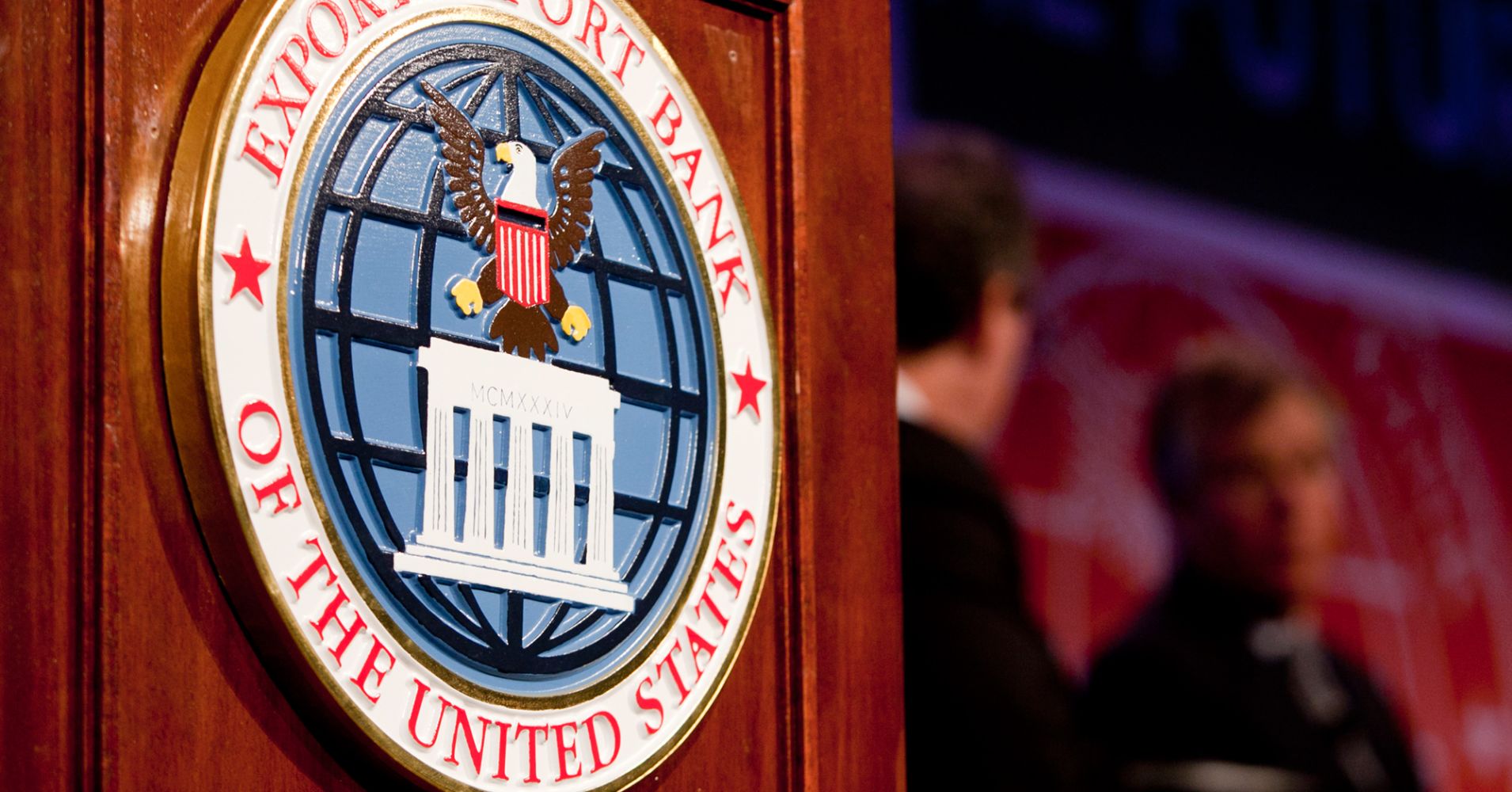
Before the Senate shifts its focus to the Supreme Court, the American people deserve to know about an overlooked milestone that recently passed.
Three years ago in July, the U.S. Senate began sending American jobs overseas; and it continues to this day.
That’s the upshot of the Senate’s ongoing refusal to confirm nominees for the board of the U.S. Export-Import Bank (EXIM), which provides critical financing for American companies selling goods and services abroad. Because the bank has lacked a board quorum since July 2015, it can’t approve any transaction over $10 million, causing U.S. companies large and small to forfeit sales to foreign competitors.
This is a self-inflicted wound on American workers. But it can be healed if the Senate acts now.
Steve Wilburn, CEO of California-based FirmGreen, told me the neutering of EXIM is “devastating” his business, employees and suppliers. He pointed to a $400 million letter of intent FirmGreen signed with the Philippines to install 375 megawatts of solar power using patented American technology that lets utilities harvest energy while farmers harvest crops underneath the solar panels.
This project would have supported approximately 30 engineering, software development and project management jobs at FirmGreen, and another 200-plus jobs at suppliers, including metal fabricators in southern California and electric cable and wiring tray manufacturers in Ohio, Wisconsin and Arizona.
Today the deal is dead.
The Philippines solar project—like most large capital projects around the world—required the exporter to line up financing. FirmGreen did—and Steve has the letters from EXIM to prove it—but without a board, EXIM could not finalize the transaction. At this point, the likely winner is a company from China or Korea, backed by their government’s export credit agency (ECA).
FirmGreen is unfortunately not an isolated case. Because EXIM is sidelined, El Al is outfitting its new fleet of Boeing planes with Rolls Royce engines made in the UK instead of GE engines from Ohio. A $2 billion Egyptian order of industrial equipment—which translates to at least 10,000 jobs—will be sourced in Canada and Europe, not the U.S., for the same reason. Many U.S. companies are losing contracts or being forced to source from abroad as we step aside while country after country steps up to help their companies win deals we leave on the table. Today, there are nearly 100 ECAs around the world.
The Trump administration has not been shy in announcing its willingness to “fight” for U.S. workers in international trade. So it is baffling that they have not put more pressure on the Senate to empower EXIM—an agency that provides no subsidies or tax breaks and makes money for U.S. taxpayers—to join the fight.
At the peak of EXIM’s activity in 2012, the bank financed $35.8 billion in transactions, supporting thousands of small business customers and 255,000 U.S. jobs. Last year, EXIM did just $3.4 billion in transactions, less than 10 percent of what it did five years earlier. And more than $40 billion worth of export deals for U.S. businesses are currently being held up due to EXIM inaction.
If the prospect of lost U.S. jobs isn’t enough of a call to action, perhaps the loss of our security is.
Later this year, Saudi Arabia will award contracts for the first two of 16 nuclear reactors to be built—for a total of $80 billion—over the next 25 years. Companies without ECA financing will have their bids rejected.
Do the senators tying EXIM’s hands want American companies to compete for this contract or not? Do they prefer the contract go to a company like Rosatom, the Russian state-owned entity that has cornered 60 percent of the international nuclear power market in an effort to expand Russian influence abroad?
The Trump administration has been just as neglectful—if not hostile—to EXIM. It’s first nominee for EXIM president, Scott Garrett, wanted to eliminate the agency entirely. He was rejected by the Senate last December. The administration only recently elevated another nominee—Kimberly Reed—who the Senate had previously refused to even vote on for vice chair of the bank. Why would they confirm her now as chair? Even if she were confirmed—no sure thing with the Supreme Court soon to dominate the Senate calendar—that would still leave the bank without a board quorum.
Another consequence of the Trump administration’s EXIM neglect is that it has turned a moneymaking agency—which generated $4 billion for taxpayers during the Obama administration—into a money loser, as the agency has always relied on the profits of large transactions to subsidize smaller ones.
Unlike tariffs—a blunt trade tool that supports some U.S. industries (steel makers) at the expense of others (Harley Davidson and auto makers)—EXIM financing just ensures U.S. companies have a chance to win against foreign competition.
Business leaders like Steve Wilburn are running out of patience. A disabled and decorated Marine veteran, Steve said other countries with functioning export credit agencies are “kicking our #%$.”
And we are just letting them do it.
Why wait until August? The time is now for the Senate to act and to confirm the outstanding EXIM board.
Commentary by Fred P. Hochberg, who was chairman and president of the Export-Import Bank of the United States from 2009 to 2017.

